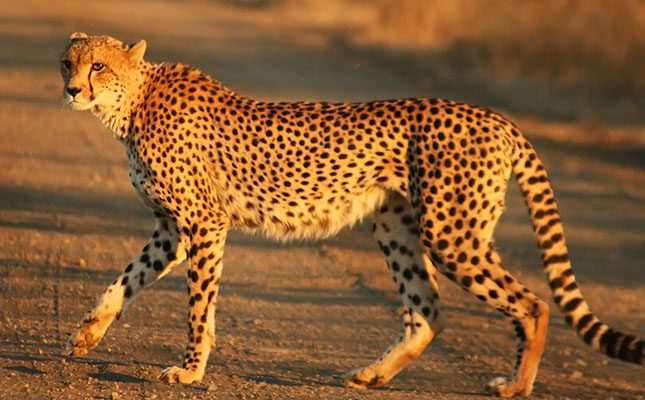
Guy Jennings, Southern Africa director at Wild Africa, says that as apex predators, cheetahs regulate the food chain and ensure healthy herbivore populations. “Protecting cheetahs safeguards these ecosystems.”
The International Union for Conservation of Nature (IUCN) listed the cheetah (Acinonyx jubatus) as a vulnerable species on its Red List of Threatened Species in 2021, with an estimated 4 000 to 7 000 wild cheetahs remaining worldwide.
Wild Africa, in collaboration with the Cheetah Conservation Fund and the Somaliland government, has launched a public awareness campaign addressing the large-scale smuggling of cheetahs from Somaliland to the Middle East.
Cubs taken from the wild often suffer from malnutrition during transit, and many die shortly after arriving in captivity.
Most of the known cheetah range (77%), as well as the known population (67%), is outside the protection of national parks. This makes the species extremely vulnerable to habitat losses caused by agricultural expansion, human-wildlife conflict, prey loss and the illegal pet trade.
Marna Smit, director of Ashia Cheetah Conservation near Paarl in the Western Cape, told Farmer’s Weekly that while non-profit organisations championed the cause, a collective effort from governments, civil society and communities was needed to ensure the survival of the species.
The organisation is committed not only to the rehabilitation of the species but also the rewilding of individual cheetahs to help ensure a healthy and viable genetic pool.
Jennings encouraged members of the public to get involved in the preservation of the species by, among others, visiting national parks as a portion of entry fees went towards wildlife protection.
He also called on the public stay informed, to create awareness about the plight of the cheetah, and to report wildlife crime and illegal activities that could endanger the animals.
Get trusted farming news from Farmers Weekly in Google Top Stories.
➕ Add Farmers Weekly to Google ✔ Takes 10 seconds · ✔ Remove anytime









